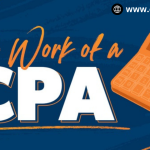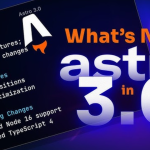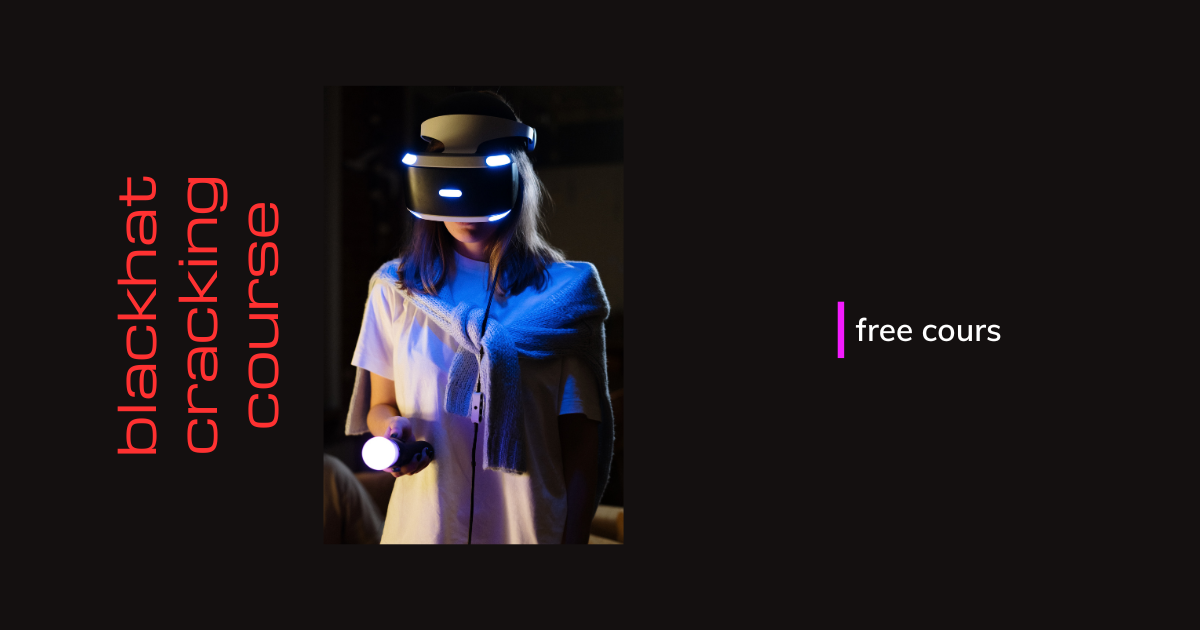“Cracking” typically refers to the act of bypassing or removing the protection measures on software, digital media, or computer systems to gain unauthorized access or use. Cracking can take various forms, and it’s important to note that it often involves illegal or unethical activities. Here are some common forms of cracking:
- Software Cracking: This involves removing or circumventing the copy protection or licensing mechanisms of software to use it without a valid license or activation key. This is illegal and a violation of software copyright laws.
- Password Cracking: Password cracking is the process of attempting to recover passwords from data that has been stored or transmitted in an encrypted or hashed form. It can be used for both legitimate purposes (e.g., password recovery) and malicious activities (e.g., hacking into someone else’s accounts).
- Reverse Engineering: This is the process of dissecting and analyzing software or hardware to understand how it works, with the potential goal of finding vulnerabilities or weaknesses. While reverse engineering itself is not illegal, it can be used in conjunction with cracking for illegal purposes.
- Cracking Video Games: Some individuals attempt to crack video games to bypass the need for purchasing them legally or to remove in-game restrictions, like DRM (Digital Rights Management). This is illegal and considered piracy.
- Cracking Digital Media: This involves removing copy protection from music, movies, or other digital media to share or distribute them illegally. It’s a form of piracy and a violation of copyright laws.
It’s essential to emphasize that engaging in cracking activities without proper authorization is illegal and unethical. It can lead to legal consequences, including fines and imprisonment. Ethical and legal considerations should always guide your actions in the digital realm. If you have a legitimate need for password recovery or security testing, it’s essential to do so within the boundaries of the law and with proper authorization.
Free cours









